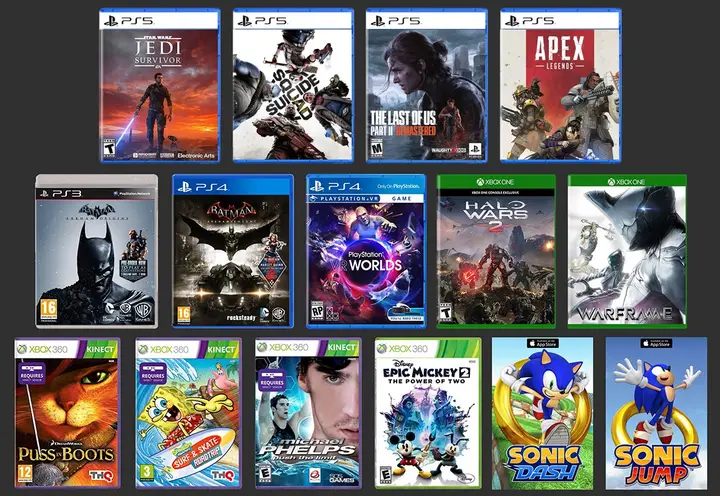Staying relevant in the gaming industry for over a decade is no easy feat, especially for a Black developer. Yet, Del Walker, currently serving as a senior artist at Naughty Dog, has defied the odds, boasting an impressive career that includes stints at renowned studios like Creative Assembly and RockSteady.In a recent conversation with Gamesindustry.biz, Walker candidly addresses the challenges faced by Black developers in the industry, drawing from his own experiences. While acknowledging the hurdles, he reflects on his own journey, highlighting the importance of skill and determination over racial identity.
Walker’s foray into the gaming world began in 2010 when he transitioned from graphic design to game art at De Montfort University. He credits early mentorship from a fellow artist at Neversoft, known for the Tony Hawk’s franchise, for setting him on the right path.
Networking was a different landscape back then, with limited social media and online resources. Walker considers himself fortunate to have found guidance through chance encounters and online communities like PolyCount, which played a crucial role in his skill development and industry entry.

Once inside the industry, Walker, like many Black professionals, grappled with feelings of isolation and the weight of being perceived as “different.” Despite systemic barriers, he emphasizes the importance of perseverance and skill advancement.
Walker acknowledges the disparities in career progression, noting how systemic racism often hinders Black professionals’ ascent to leadership roles. However, he refrains from solely attributing his challenges to race, recognizing the complexities at play.
Reflecting on his own privileges as a senior industry figure and British expatriate, Walker underscores the unique struggles faced by marginalized groups, particularly Black women entering the field.
While some Black developers embrace advocacy, Walker opts to focus on his craft, wary of being pigeonholed solely by his racial identity. He believes in showcasing his expertise first and foremost, navigating a delicate balance between professional success and racial representation.

Walker acknowledges the inherent biases Black professionals face but stresses the importance of making oneself indispensable through talent and determination.
Despite the industry’s strides towards diversity, Walker remains cautious about its pitfalls, urging fellow developers to prioritize genuine community engagement over mere career advancement.
In closing, Walker emphasizes the need for the industry to invest in junior talent, recognizing it as a crucial step toward fostering diversity and inclusion. He advocates for a shift in hiring practices to accommodate a broader pool of marginalized individuals, ensuring a more equitable future for gaming.







